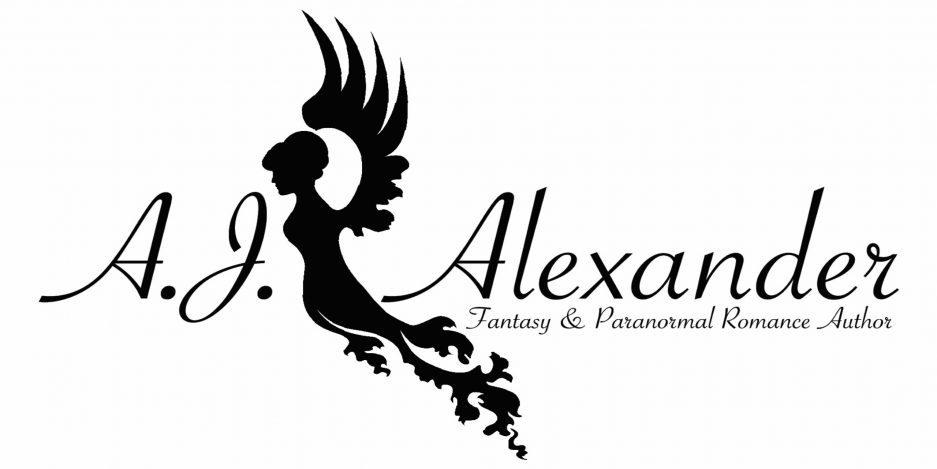Nicholas C. Rossis has published an interesting and very informative blog post about 10 trends in publishing we need to know. Thank you very much Nicholas for providing us with this useful information.
Chloe of the Written Word Media published recently 10 trends in publishing that are of interest to every author – particularly Indie ones:
1. Indie authors will continue to take up a growing percentage of the market
Indie authored books are estimated to compose up to 20% of the book market. They are continuing to take share from traditional publishers, mainly due to their consumer-friendly pricing – indie titles retail at an average price of $2.99 to $3.99, while traditionally published books retail between $7.99 and $14.99.
Readers are factoring price more and more into their purchasing decision and opting for high-quality, lower-priced (usually indie) titles over the more expensive titles put out by traditional publishers. The ability of indie authors to offer their books free, either for a limited time or as an intro to a series, is another advantage indies have over traditional publishers. Free…
View original post 1,150 more words


